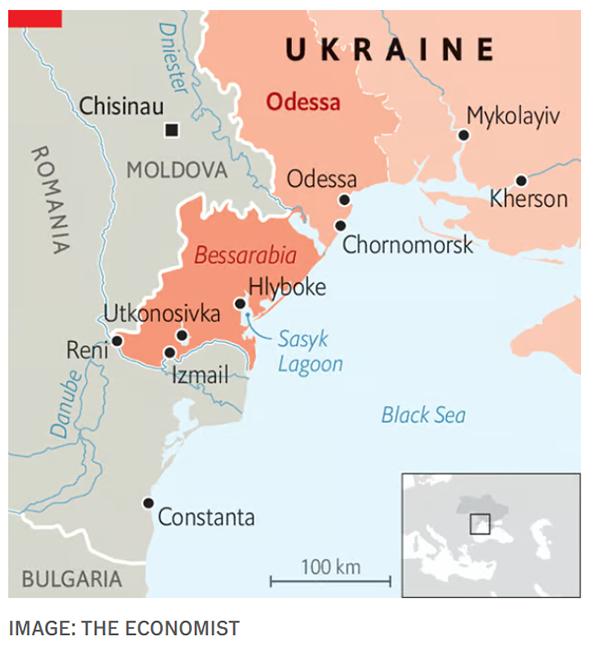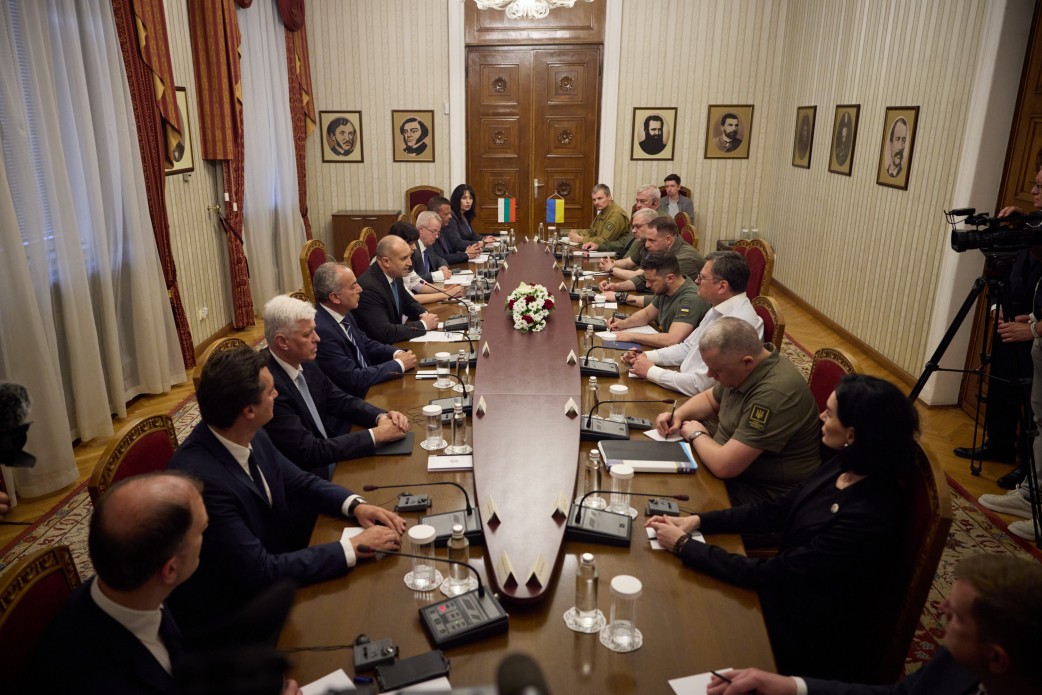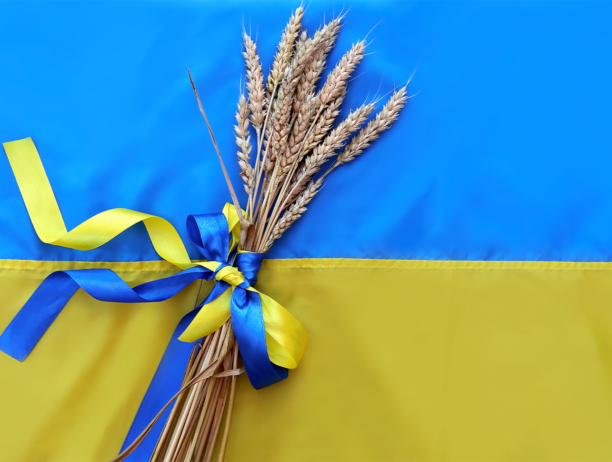The leader of Bulgaria's pro-Russian Revival party Kostadin Kostadinov has stated Bulgaria should claim Southern Bessarabia (part of Odesa Oblast) from Ukraine because he believes that "Ukraine is falling apart.”
In 1940, the Soviet Union annexed Southern Bessarabia following the Molotov-Ribbentrop Pact with Nazi Germany. The region was integrated into the Ukrainian SSR, specifically forming part of the Izmail Oblast. With the dissolution of the Soviet Union in 1991, Southern Bessarabia became part of an independent Ukraine, particularly of Odesa Oblast. The region has retained its ethnic diversity, with significant populations of Ukrainians, Moldovans, Russians, and Bulgarians.
“It has been more than 450 years in the Bulgarian state, Bulgarians are the indigenous population of this region (since the 6th century) and to this day are the majority of the population. For comparison - Ukraine has owned Southern Bessarabia for only 34 years,” he wrote on Facebook.
Kostadinov suggested that Bulgaria should present its claims to "Bulgarian Bessarabia" at what he terms a future peace congress that will determine Ukraine's fate.
"There is nothing more logical for two countries with a common history, common origin, common language and common people than to become one country," Kostadinov wrote.
The Ukrainian Embassy in Bulgaria has responded by calling for official condemnation of these statements.
According to the embassy, Kostadinov's remarks are inappropriate for a politician from an EU member state and align with Kremlin narratives.
The embassy further states that such declarations "incite a violation of international law, distort historical facts and promote the redistribution of borders in Bulgaria Europe.”
In his statement, Kostadinov also drew parallels to Donald Trump's recent claims regarding Canada and the Panama Canal. The US President-elect suggested that Canada could become the 51st state of the United States. He also threatened to demand the return of control over the Panama Canal.
Additionally, Kostadinov advocated for the unification of Bulgaria and Macedonia, citing shared history and cultural bonds.
Bulgaria is a member of the European Union, and NATO, but the country’s political landscape also includes pro-Russian factions that are more hesitant to support military aid to Ukraine or take a strong stance against Russia.
Related:
- Bulgaria promises aid to Moldova after Russian gas supply halt
- Bulgarian leader withdraws Ukraine security support as Trump’s peace talk speculation grows
- Artist arrested for anti-Russia protest and Russian flag burning in Bulgaria
- Ukraine’s energy minister defends Russian reactor purchase from Bulgaria amid criticism





